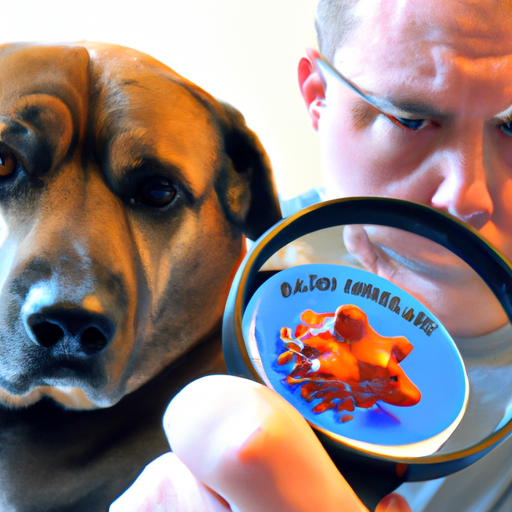“`markdown
How Do Dogs Get Parvovirus
Understanding Parvovirus
Parvovirus is a highly contagious viral disease that can prove fatal for your beloved canine companions. You, as a loving caregiver, may wonder, where does this menace originate? Parvovirus is common in environments where dogs are present, particularly in crowded spaces like kennels, dog parks, or pet stores. The virus is resilient, capable of surviving on surfaces for months.
Transmission of Parvovirus
Parvovirus is primarily transmitted through direct contact with an infected dog, or indirectly, by the fecal-oral route. Picture this – a dog sniffs or licks a contaminated surface, or perhaps comes into contact with the feces of an infected dog, and voila, the virus is contracted. Here are some common ways dogs can get parvovirus:
- Direct contact with infected dogs
- Contact with contaminated feces
- Contact with contaminated environments or objects
Identifying Key Symptoms
Recognizing the symptoms of parvovirus can save your dog’s life. As a caregiver, you should look out for:
- Severe, bloody diarrhea
- Lethargy
- Anorexia
- Fever
- Vomiting
Prevention and Treatment
Preventing parvovirus is far more favorable than treating it. Vaccination is the most effective preventive measure. Puppies should receive their first vaccine at 6-8 weeks of age and continue with boosters every 3 weeks until they are 16 weeks old.
| Age | Vaccine |
|---|---|
| 6-8 weeks | First Vaccine |
| 9-11 weeks | Booster 1 |
| 12-14 weeks | Booster 2 |
| 15-16 weeks | Booster 3 |
For infected dogs, early detection and aggressive treatment are crucial. Treatment usually involves hospitalization, intravenous fluids, and antibiotics.
Reducing the Risk of Infection
Finally, maintaining a clean environment is key in reducing the risk of infection. Regularly disinfect your dog’s living area and items using bleach, and avoid areas with high dog traffic until your puppy is fully vaccinated.
FAQs
Can humans get parvovirus from dogs?
No, canine parvovirus does not affect humans.
How long does parvovirus last in the environment?
The virus can survive on surfaces for months, even up to a year under the right conditions.
Can a vaccinated dog get parvovirus?
While rare, it is possible for vaccinated dogs to contract parvovirus if they are exposed before the vaccination has a chance to provide full immunity.
Is parvovirus contagious to other dogs?
Yes, parvovirus is highly contagious among dogs.
“`



